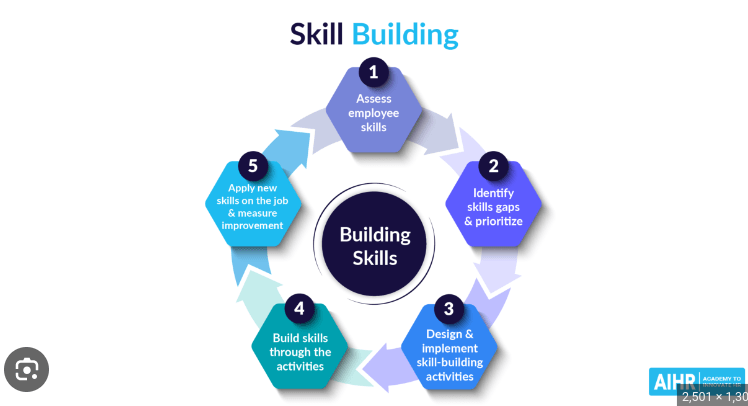Introduction:
In a culture that is increasingly more connected and competitive, soft skills have never been more crucial. Success in both the personal and professional arenas no longer just relies on technical ability; rather, it depends on the development of soft skills that allow individuals to smoothly navigate through difficult settings. Programs for developing soft skills are increasingly important tools for maximizing employees’ potential in a range of professions. In this discourse, we look at the variety of advantages these courses have to offer, opening the door to improved professional and personal growth.
Soft skills, or intangible qualities, are what let people communicate effectively, solve problems, have emotional intelligence, and be adaptable. One can build a broad range of skills that support their technical abilities by enrolling in soft skill training programs that place a strong emphasis on developing these qualities. These programs carefully work to develop important abilities including emotional intelligence, critical thinking, and interpersonal ability. Soft skills fill the gap between technical proficiency and all-around competency, such as learning to actively listen and respect cultural diversity.
A Holistic Approach to Success
A thorough plan of attack is necessary for success. Because soft skill training courses provide participants with a well-rounded toolkit, people may succeed in a range of situations. Through the development of skills like effective communication, time management, conflict resolution, and empathy, these programs help people succeed in a variety of spheres outside of their specific area of expertise.
Enhanced Communication
Every interpersonal relationship starts with communication. Through soft skill training, people may learn to communicate their thoughts, appreciate others’ viewpoints, and have meaningful conversations. Having excellent communication skills is essential for success in many situations, including negotiations with clients, presenting ideas to coworkers, and resolving team disputes. These courses improve a person’s verbal and nonverbal communication abilities, which also improve a person’s capacity to connect with, influence, and inspire others.
Effective Collaboration
Collaboration is typically multifaceted and involves people from many backgrounds in the modern workplace. Cooperation is a major focus of soft skill courses, which instruct students on how to harness group intelligence, respect differences, and work well together to accomplish shared goals. Active listening is a skill that is encouraged in these seminars, which also builds a collaborative environment where everyone’s opinions are valued.
Adaptability and Resilience
Since change is constant, resilient leaders are those who can adapt to it. Soft skill training programs provide participants the ability to adjust to change, deal with uncertainty, and recognize opportunities in challenges. Flexibility and resilience are skills that help people deal with changing circumstances with certainty and composure.
Emotional Intelligence and Leadership
Effective leadership requires more than just physical strength; it also requires emotional IQ. It’s important to enroll in soft-skill training courses that focus on relationship management, empathy, and self-awareness if you want to develop leaders who inspire, motivate, and guide others to success. These initiatives lay the foundation for authentic leadership built on emotional resonance, respect, and trust.
Conclusion:
Programs for the development of soft skills, which weave threads of competence that go well beyond technical competencies, weave the fabric of personal and professional progress. People gain a wide variety of abilities from them, including successful teamwork, flexibility, critical thinking, and emotional intelligence. When people take advantage of the countless benefits of soft skills training programs, they embark on a transformational path that not only boosts their potential but also the success of the businesses they work for. In today’s environment of constant connectedness and rapid change, the development of soft skills is an essential element of long-term success.




